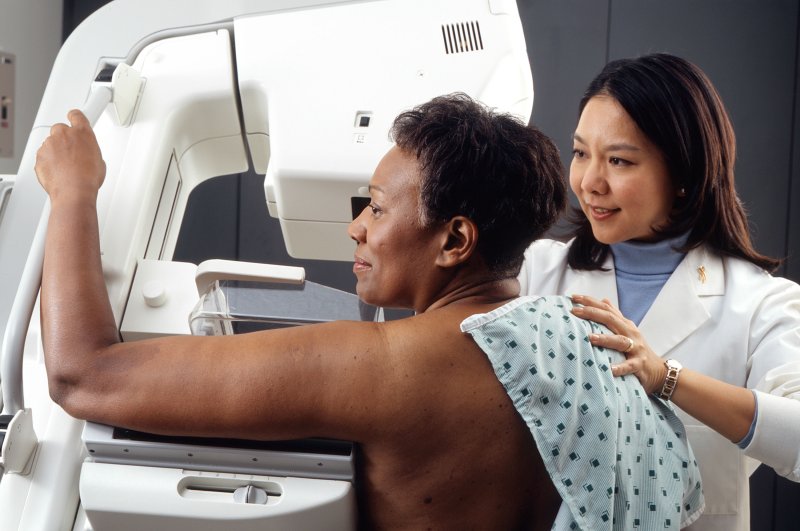
Protect Your Health with Regular Mammograms: Tips from Winson Health, Trusted Provider of International Medical Insurance
As a woman, taking care of your health should be a top priority, and that includes getting regular mammograms. Breast cancer affects one in eight women, but with early detection through mammograms, it is easier to treat. At Winson Health, your trusted provider of international medical insurance, we understand the importance of preventive healthcare. In this blog, we’ll discuss mammograms and provide tips to lower your risk of breast cancer.
What Is a Mammogram?
A mammogram is an X-ray of the breast that can detect early signs of breast cancer, up to three years before symptoms appear. It is a simple and safe screening tool, and it’s best to find breast cancer early when there are more treatment options available.
How Often Should You Get a Mammogram?
It’s essential to have regular mammograms, even if you have no family history of breast cancer, feel healthy, or have had clear mammograms in the past. Nearly 90% of women diagnosed with breast cancer have no family history of it, and the risk increases with age. Most women should start having mammograms every one to two years at age 40, and then every year after turning 50. You should also perform breast self-exams about once a month between mammograms.
What to Expect During a Mammogram?
A mammogram only takes 10 to 15 minutes. A technician will take pictures of your breasts with an X-ray machine. You may feel some discomfort, but it’s usually brief. The images will be sent to a radiologist who specializes in reviewing X-rays. They will report the results to you and your doctor within a few weeks.
What Do the Results of a Mammogram Mean?
The radiologist will check your X-rays for anything unusual and compare them with previous X-rays to look for changes in your breasts. Abnormal mammogram results don’t always mean cancer. Many benign conditions, such as dense breasts, minor cysts, or difficult-to-read X-rays, can cause abnormal results. If the results are abnormal, your doctor may ask you to come back for more tests. If they find cancer, you and your doctor will develop a treatment plan. There are many options for treating breast cancer, especially when it’s found early.

Your mammogram report might indicate you have dense breasts. According to the ACS (American Cancer Society), dense breasts are common, and they are not abnormal.6 However, dense breasts can make it harder for breast cancer to be detected with mammograms, and dense breasts are also associated with a slightly increased risk of breast cancer.
At this time, a mammogram is the recommended screening tool for breast cancer for women who have dense breasts.1
How Can You Lower Your Risk of Breast Cancer?
There are no guarantees when it comes to preventing breast cancer, but you can lower your risk by taking care of your health. Maintaining a healthy weight, regular exercise, and drinking alcohol in moderation, or not at all, can reduce your risk of breast cancer. At Winson Health, we provide international medical insurance that covers preventive healthcare, including mammograms. Investing in a health insurance policy that covers preventive healthcare is a great way to protect your health and finances.
Make Your Health a Priority
Don’t wait until you have symptoms to get a mammogram. Schedule an appointment today, and make preventive healthcare a priority. With regular mammograms and a healthy lifestyle, you can reduce your risk of breast cancer and live a healthier life. At Winson Health, we are committed to your well-being and offer international medical insurance that covers preventive healthcare. Contact us today to learn more.


